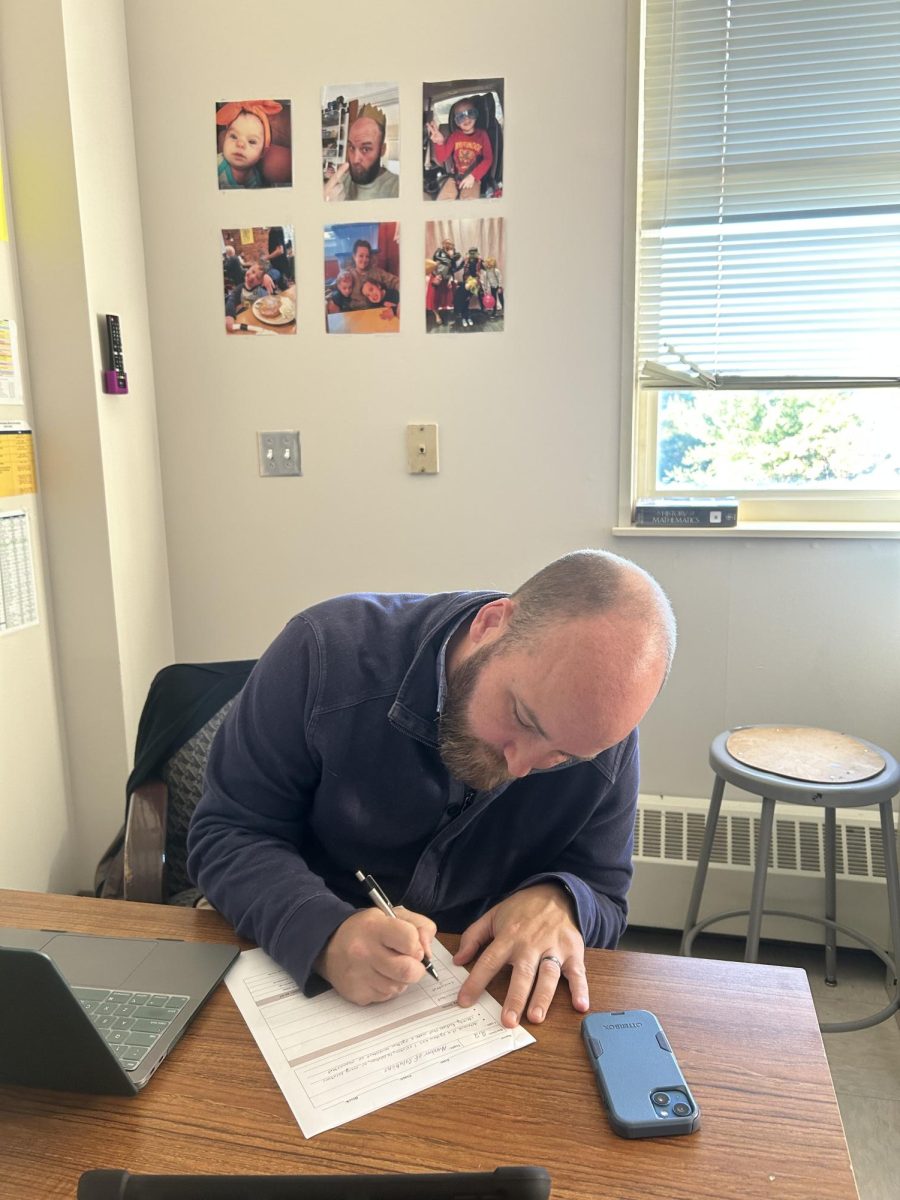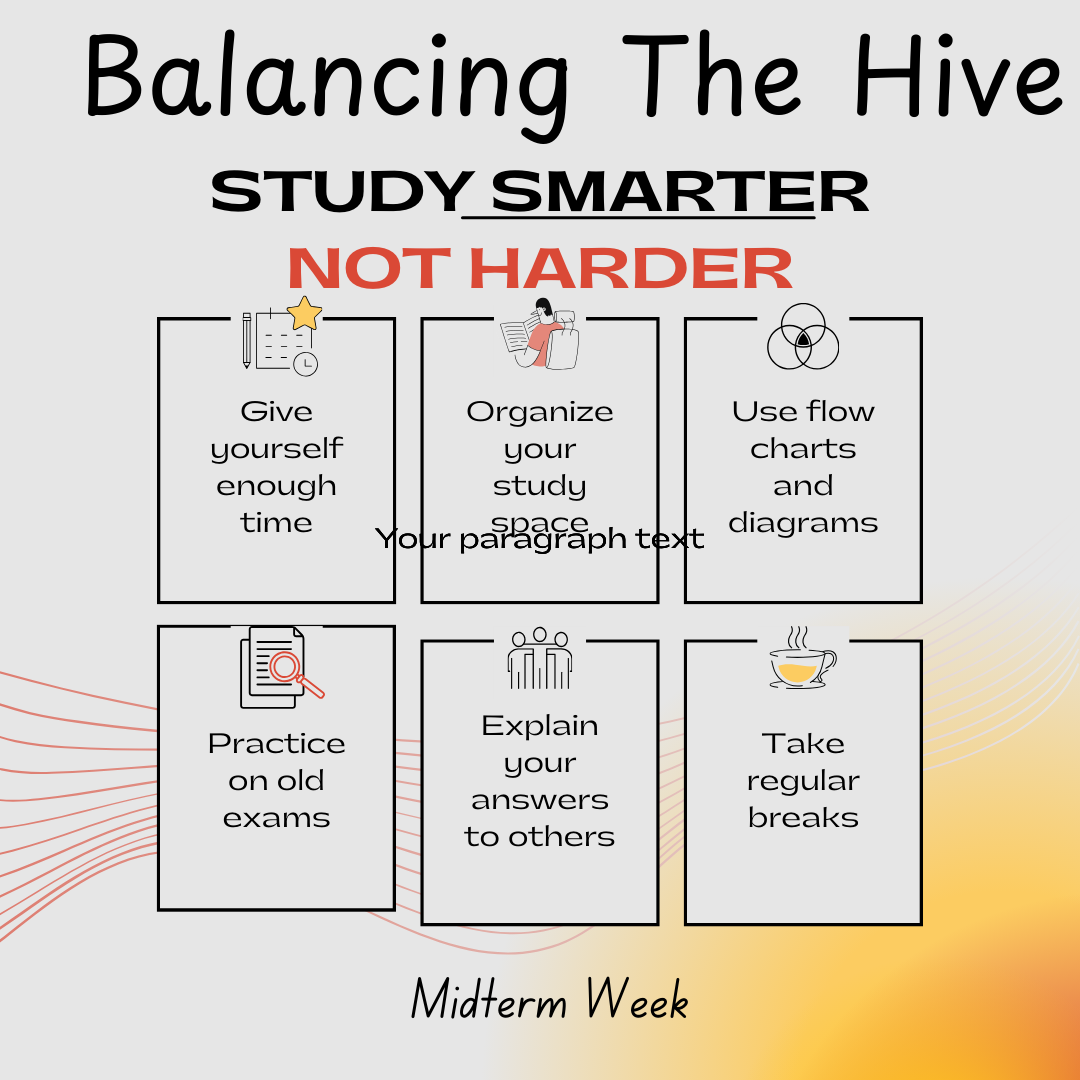- Self-reflection: Start by reflecting on your thoughts, feelings, and behaviors. Keep a journal to track patterns or triggers that might be impacting your mental health.
- Research: Educate yourself about different mental health conditions. This can help you identify symptoms that resonate with your experiences.
- Consult a professional: Schedule an appointment with a mental health professional, such as a therapist, psychologist, or psychiatrist. They can conduct assessments and provide a diagnosis based on your symptoms and history
- Be honest: During your sessions, be open and honest about your thoughts, feelings, and experiences. Providing accurate information can help your mental health professional make an accurate diagnosis.
- Seek multiple opinions: If you’re unsure about a diagnosis or treatment plan, don’t hesitate to seek a second opinion from another mental health professional.
- Stay informed: Continue to educate yourself about mental health and wellness strategies. This can empower you to take an active role in managing your mental health.
You don’t always need these kind of ways to help yourself because you can also find your own way on helping yourself, because at the end of the day you know what’s best for you and what helps you the most.
Story continues below advertisement































